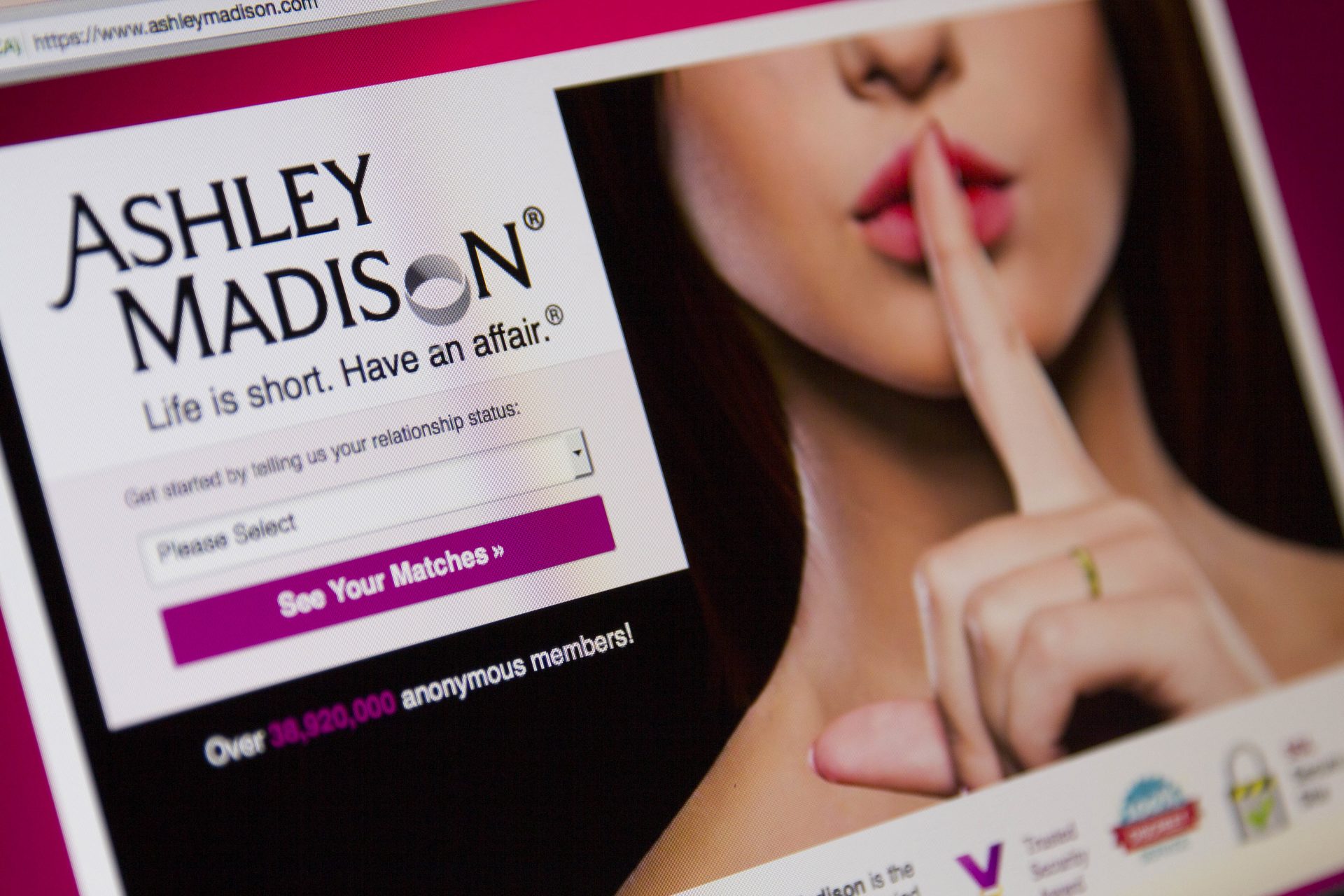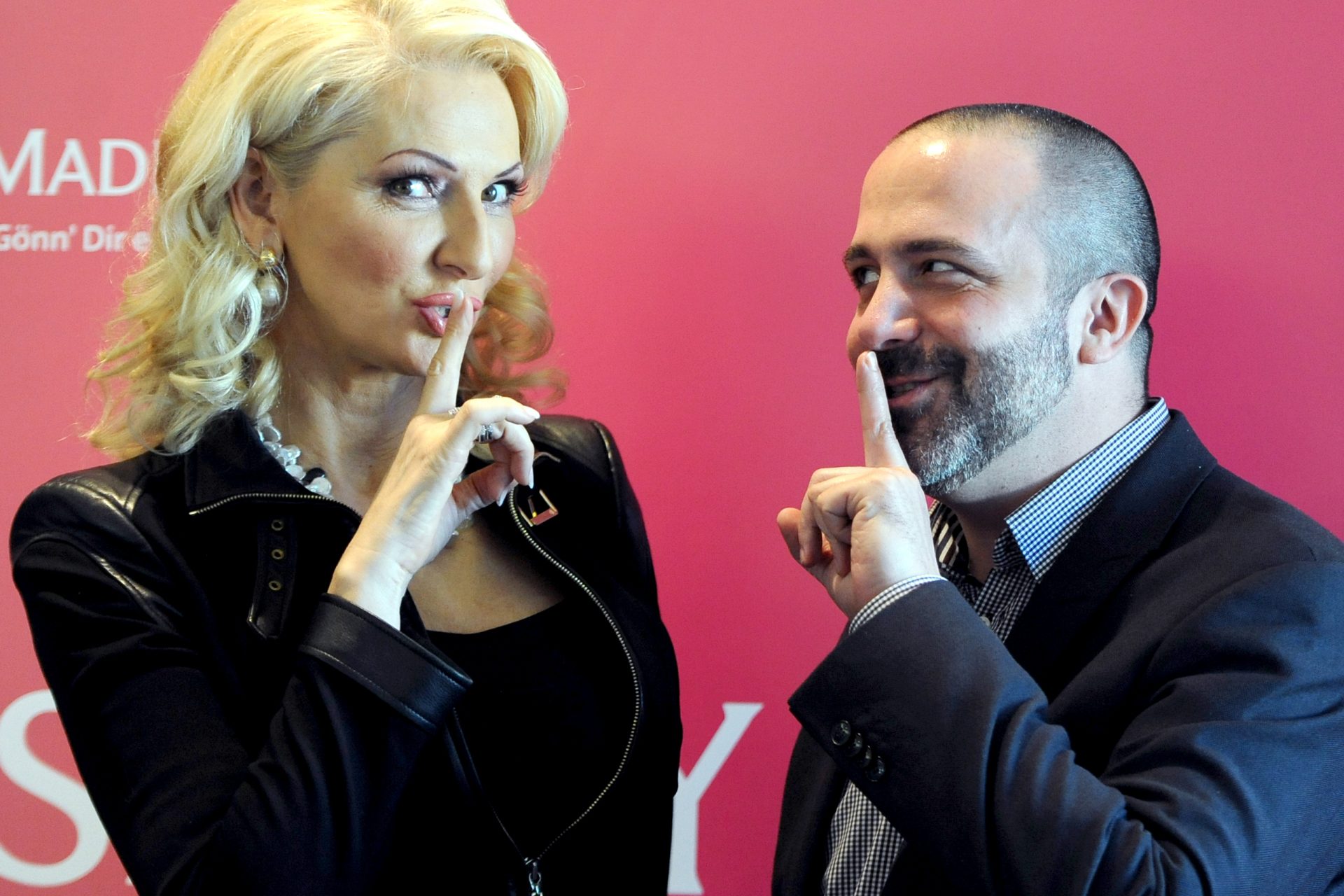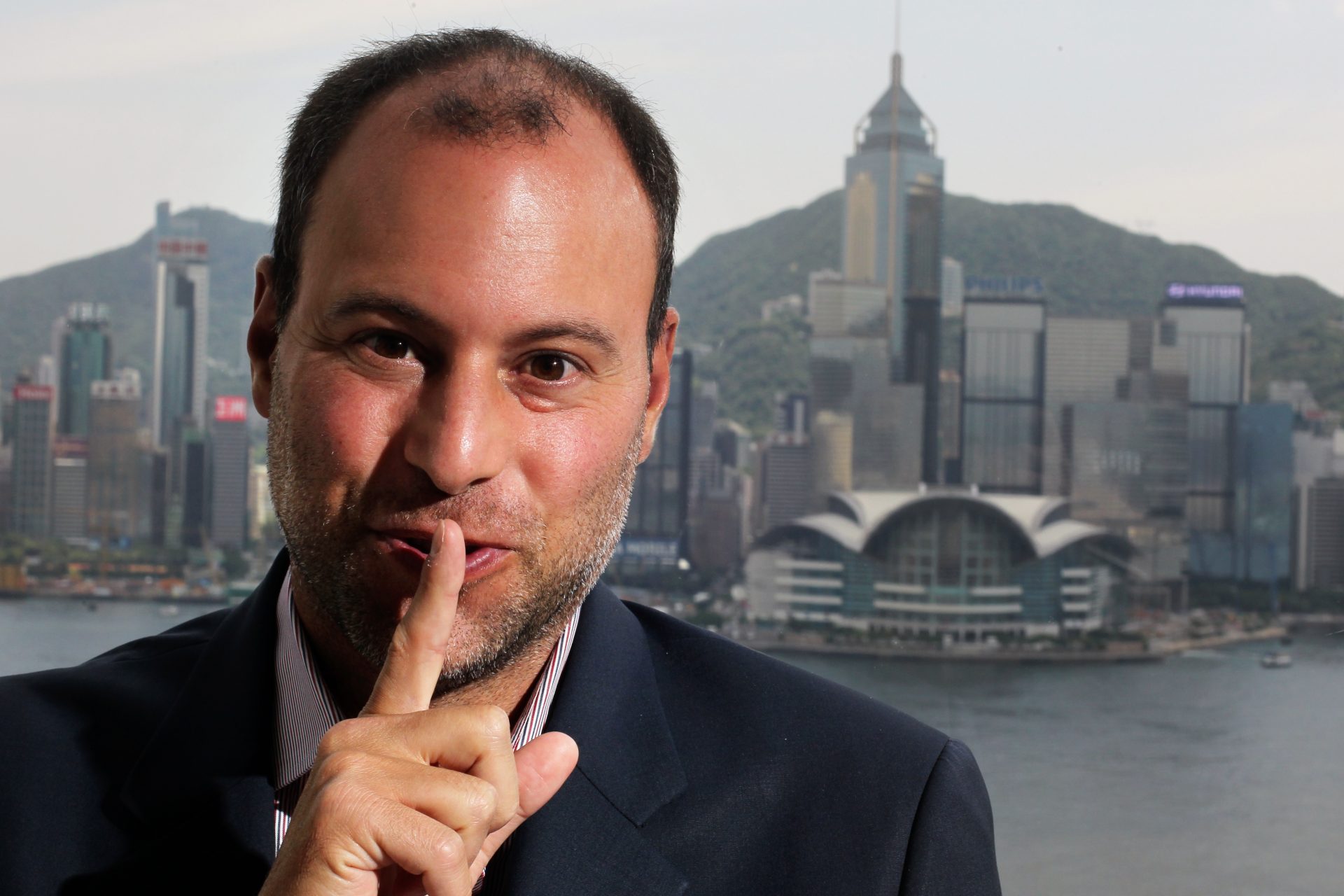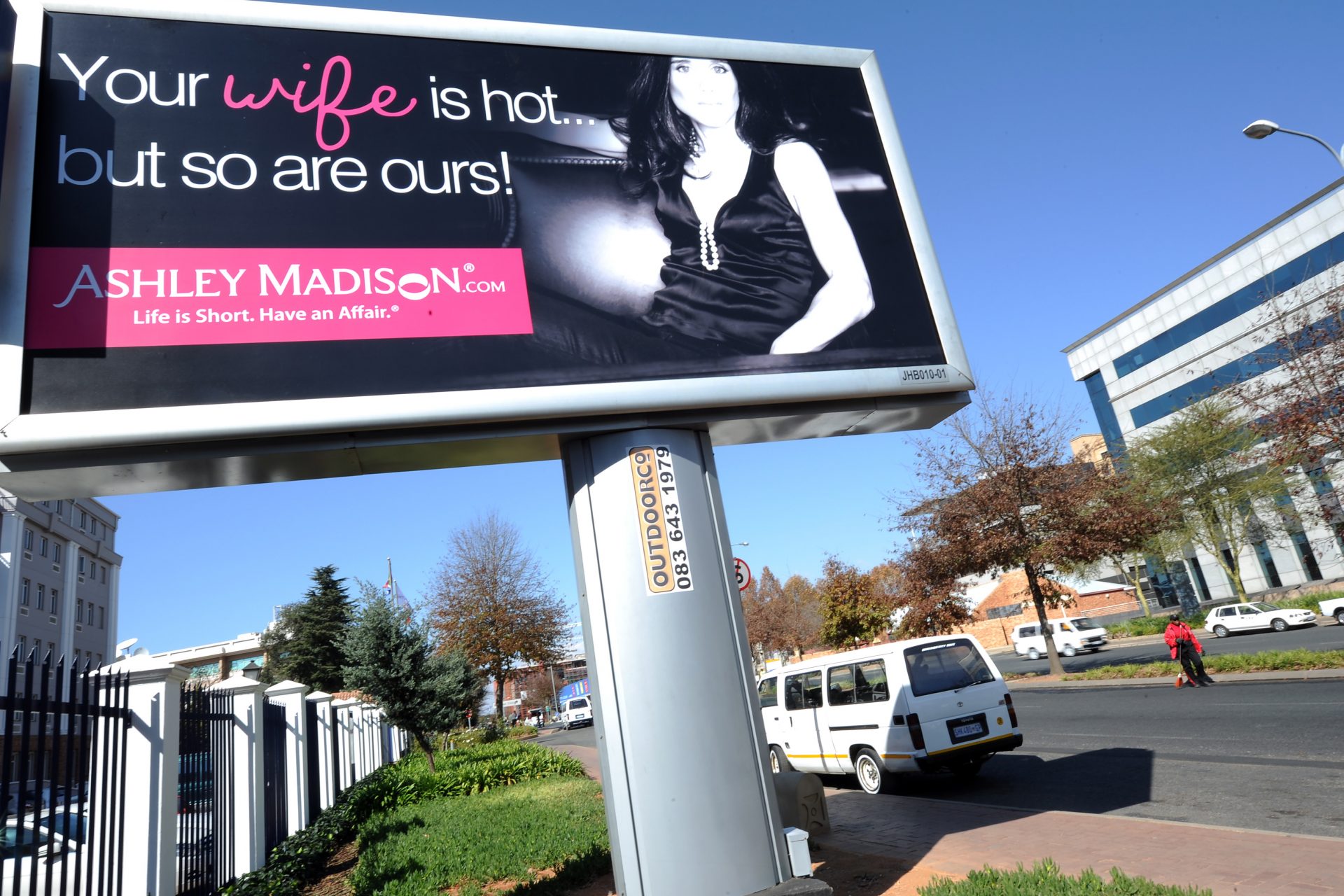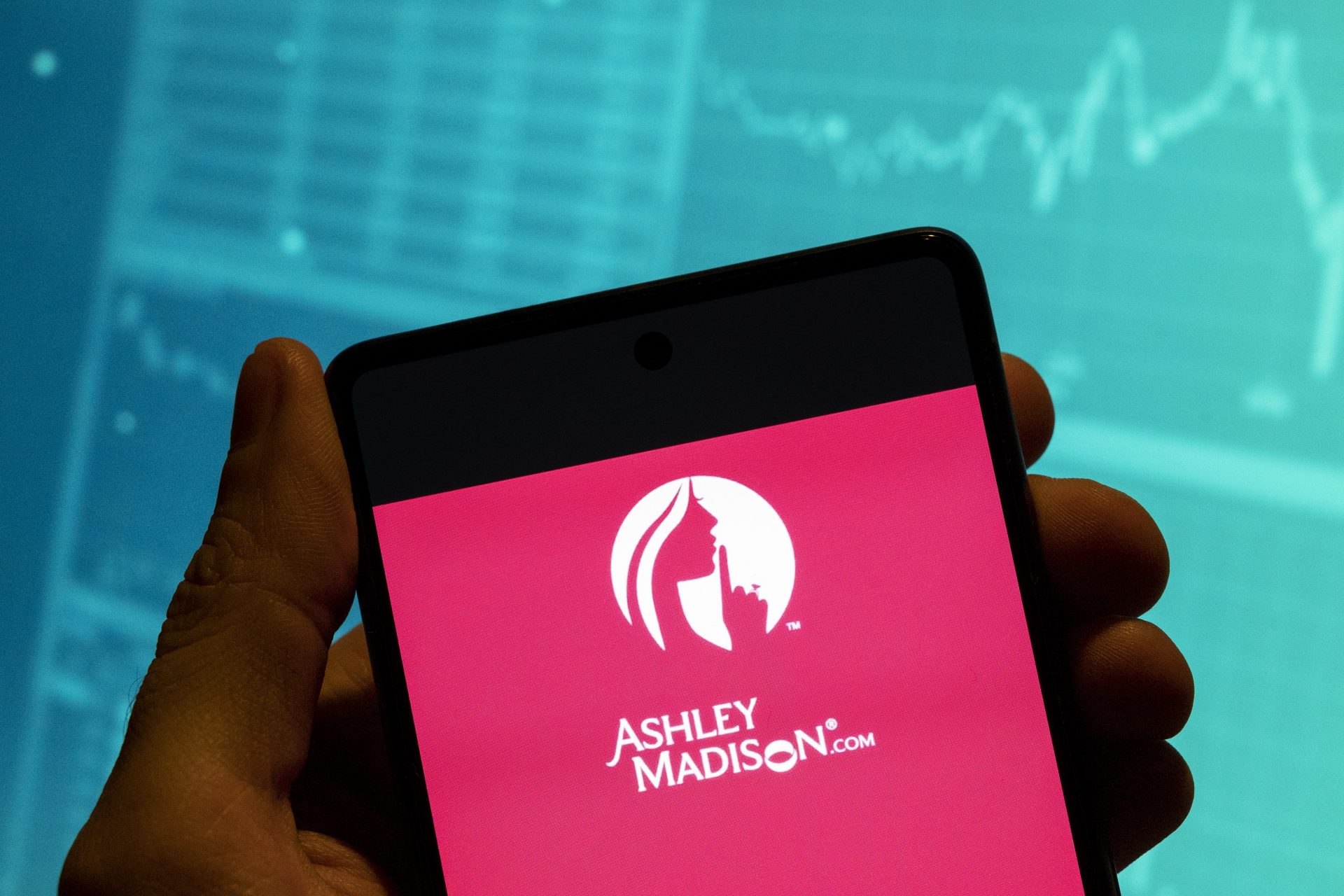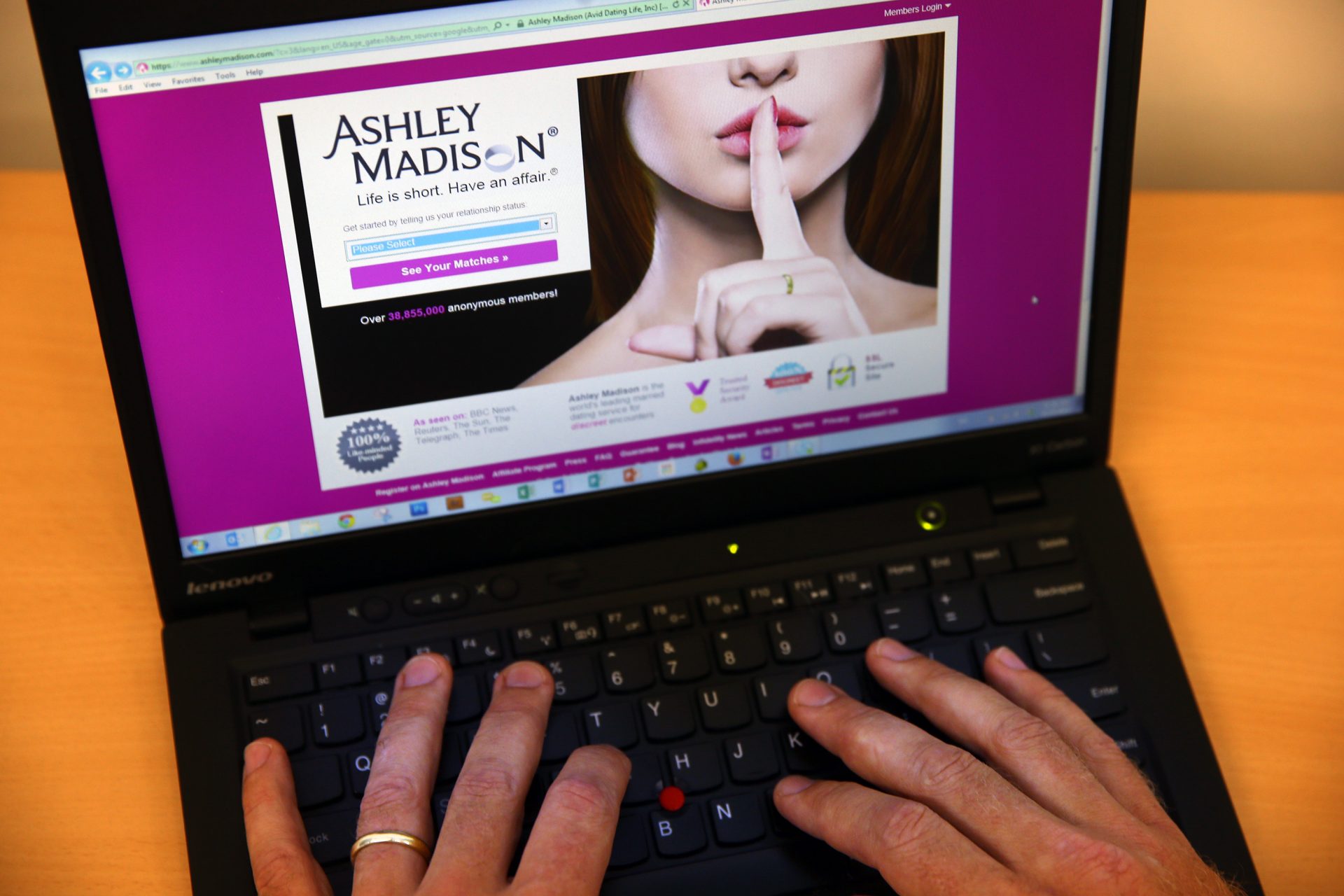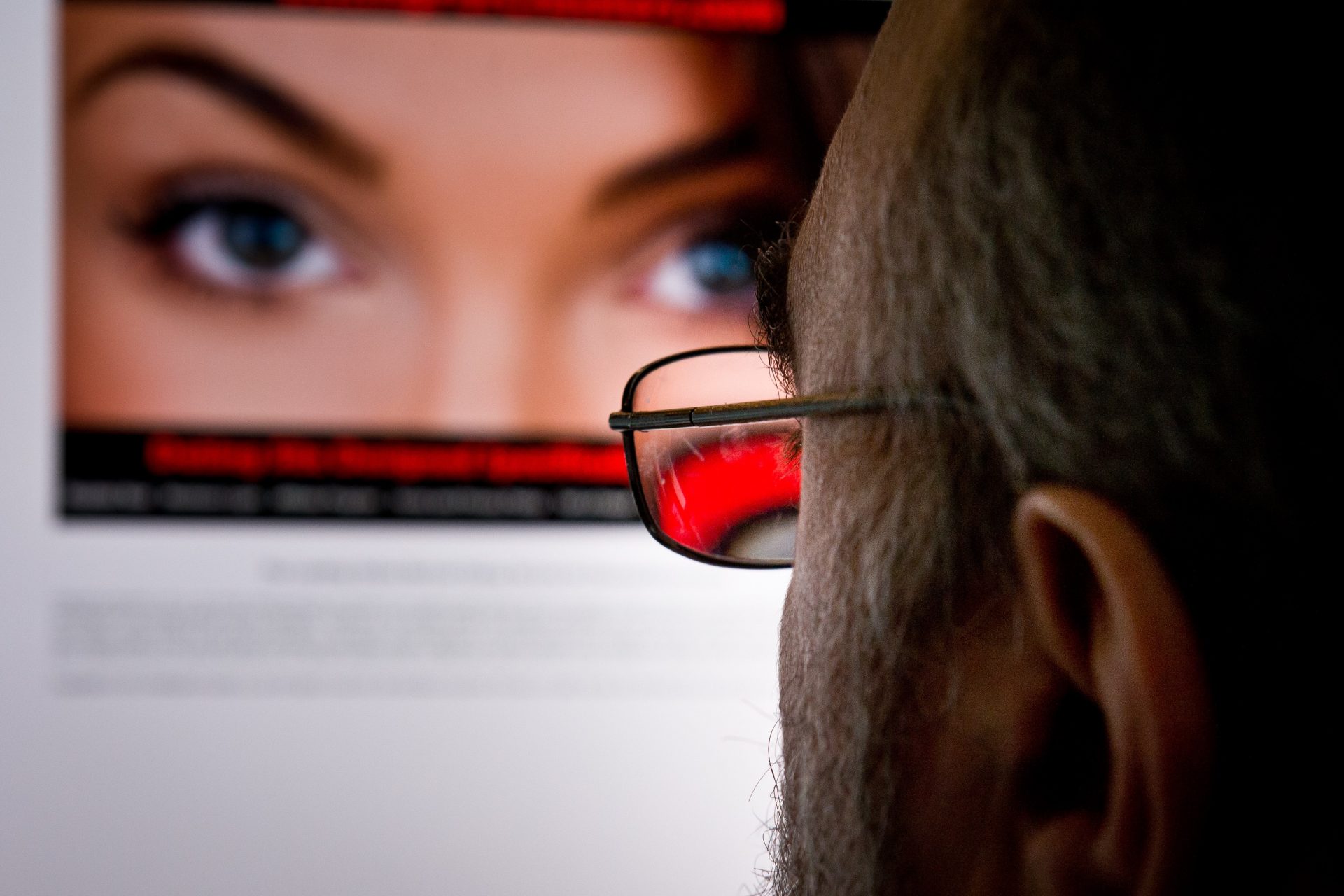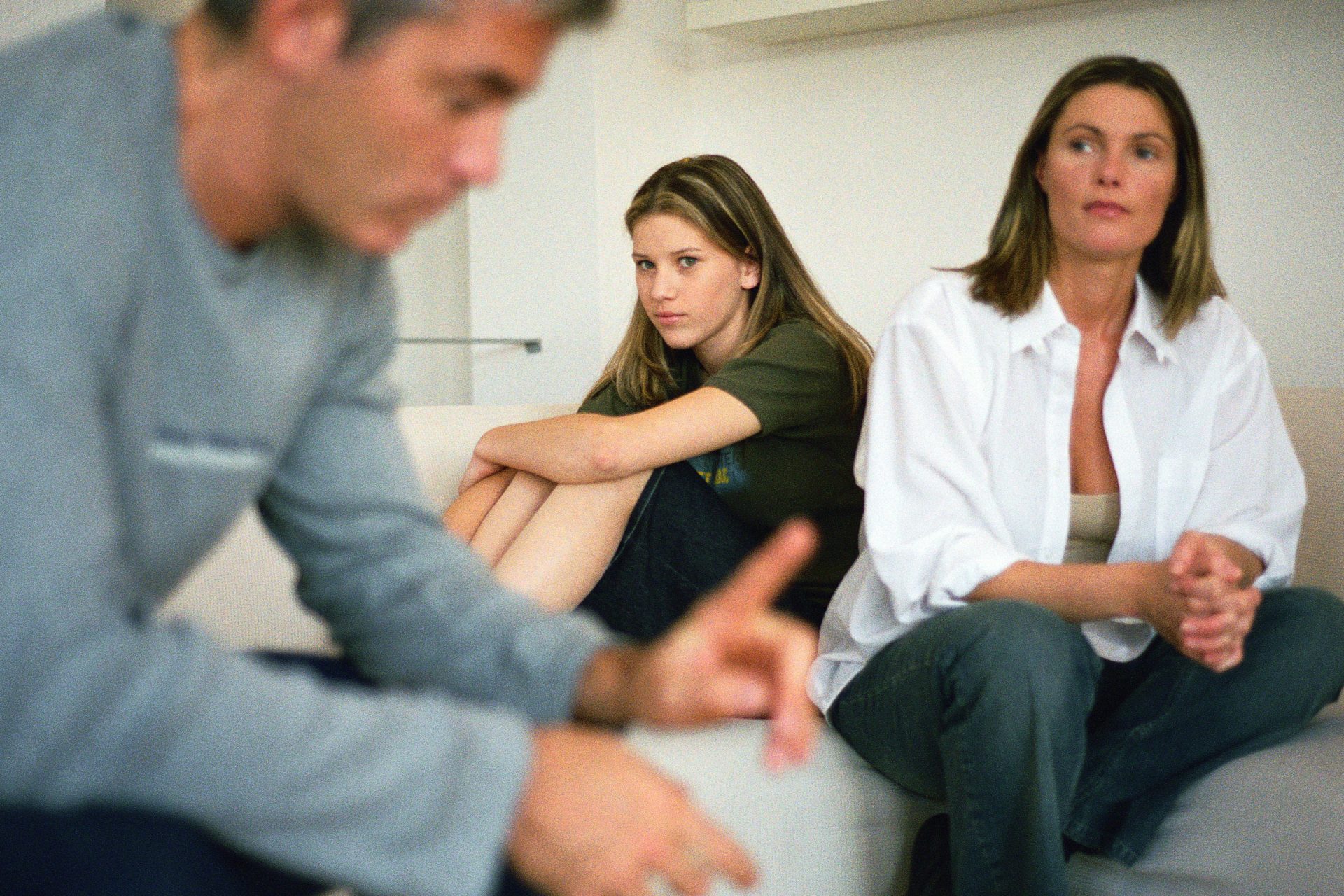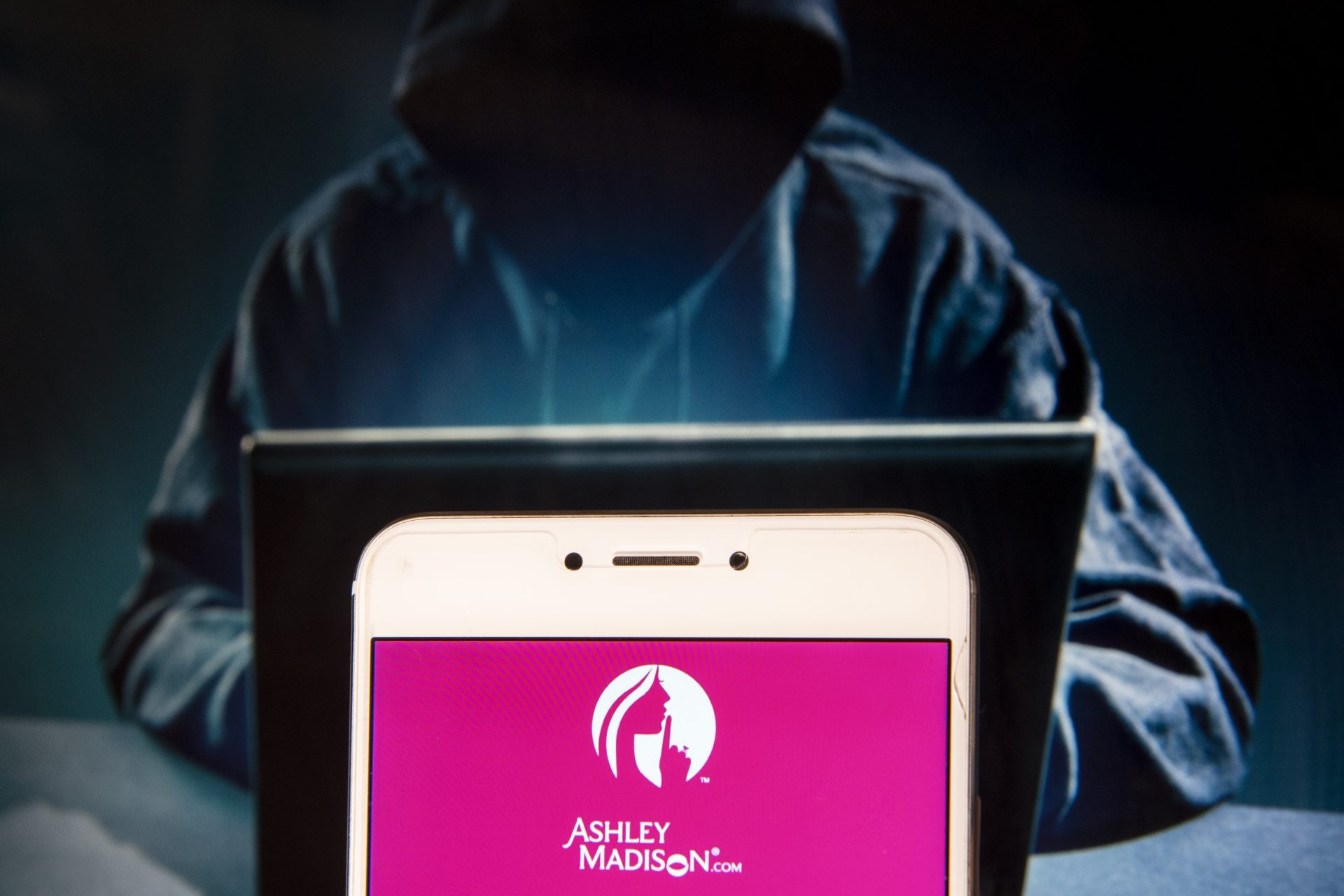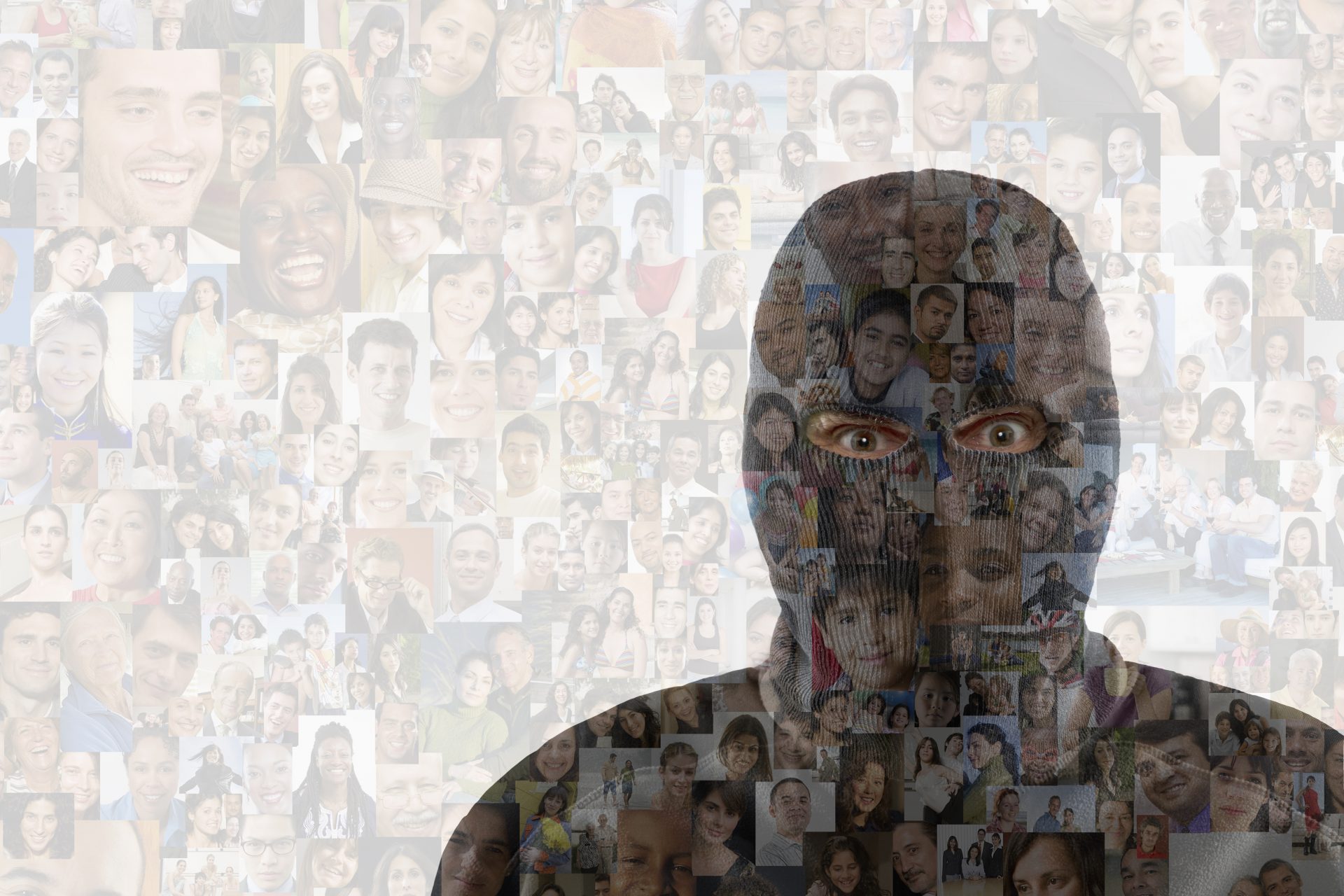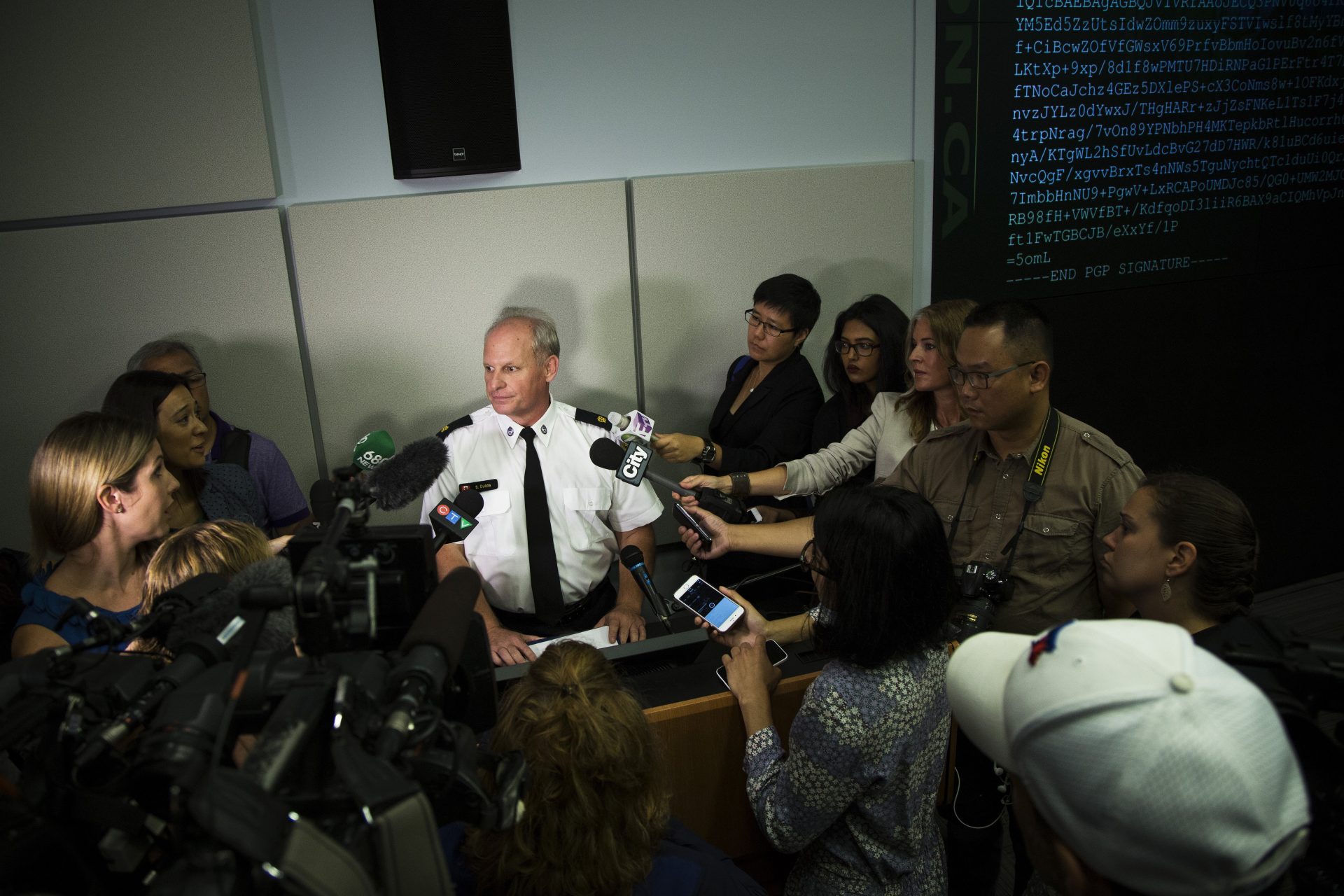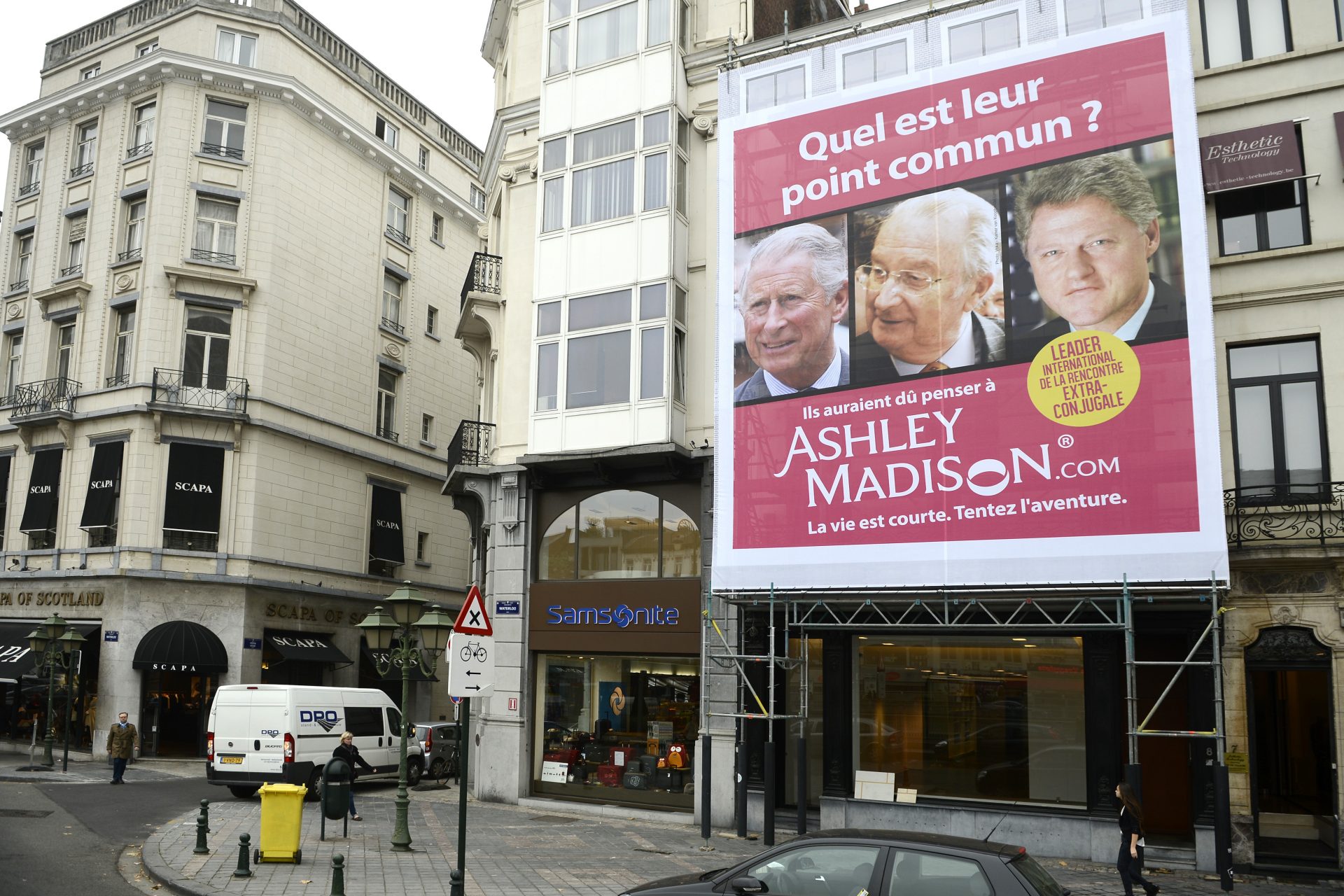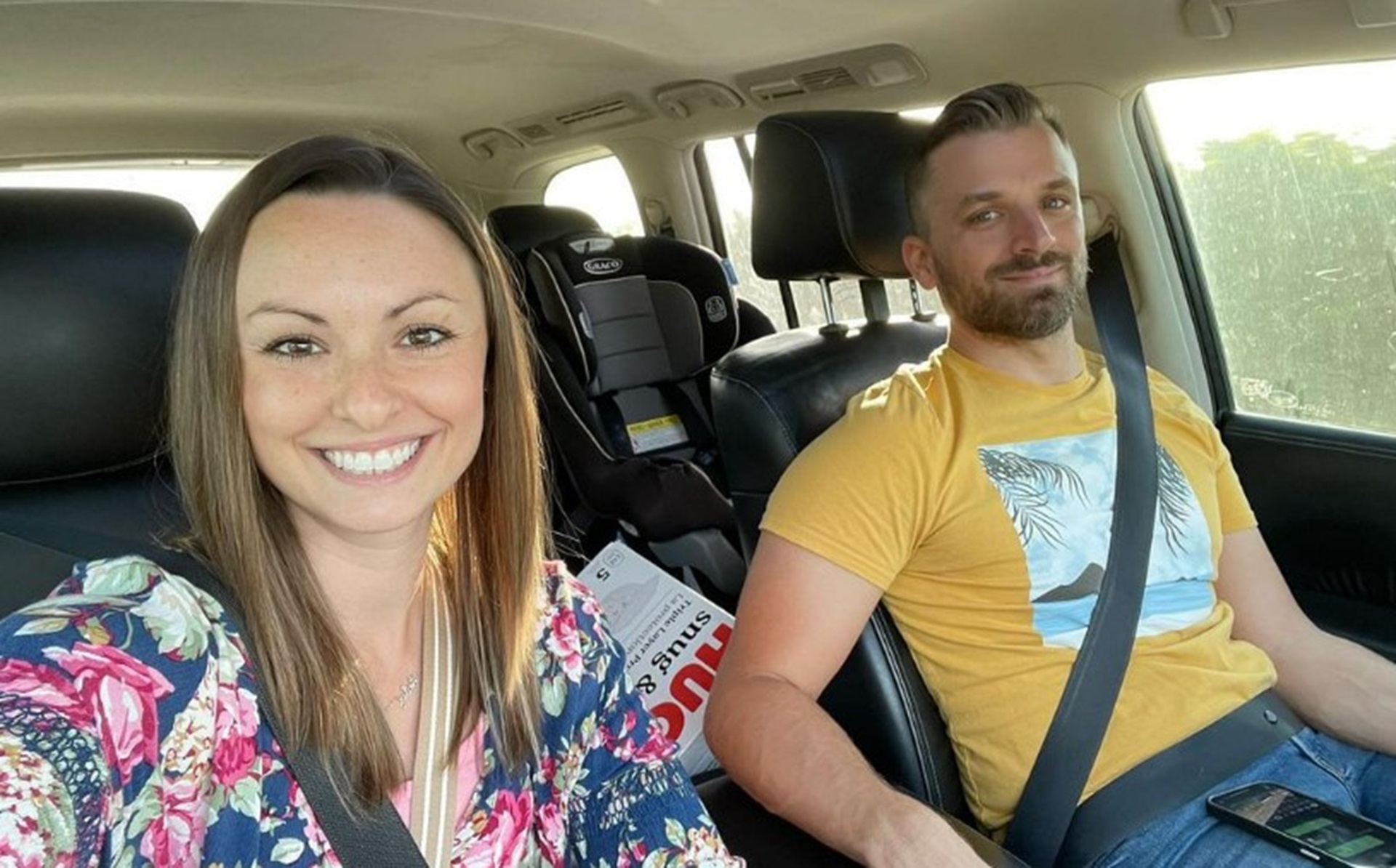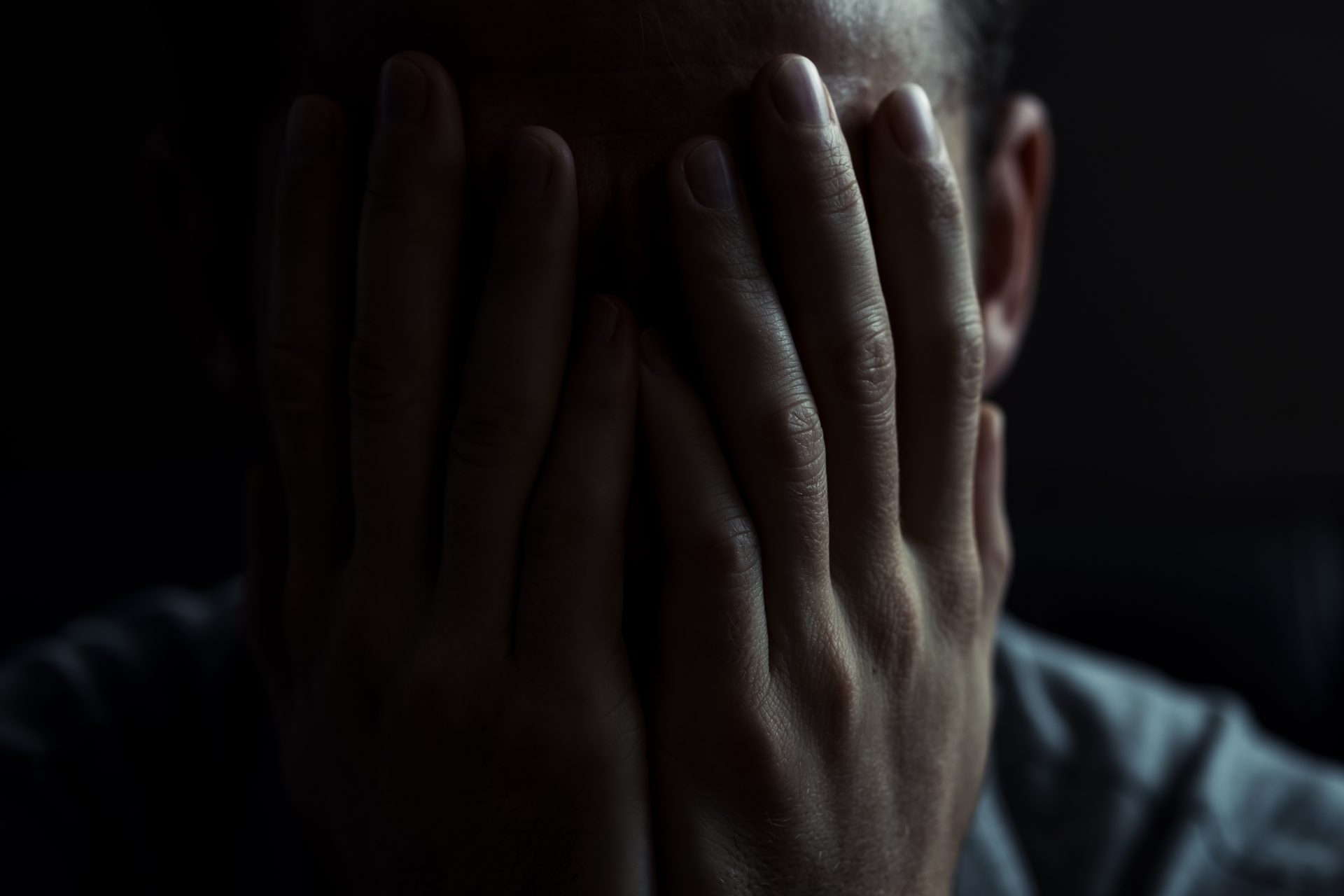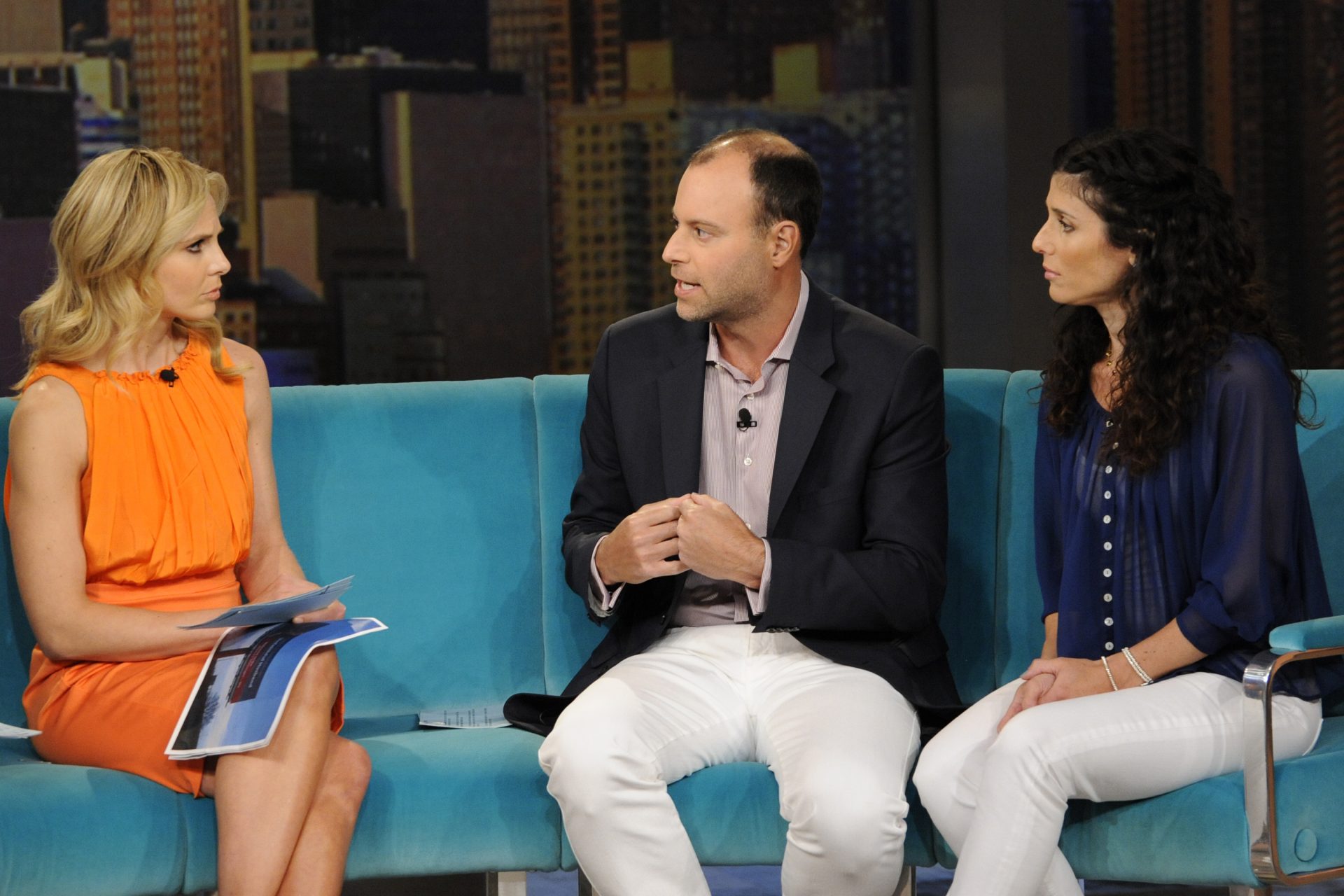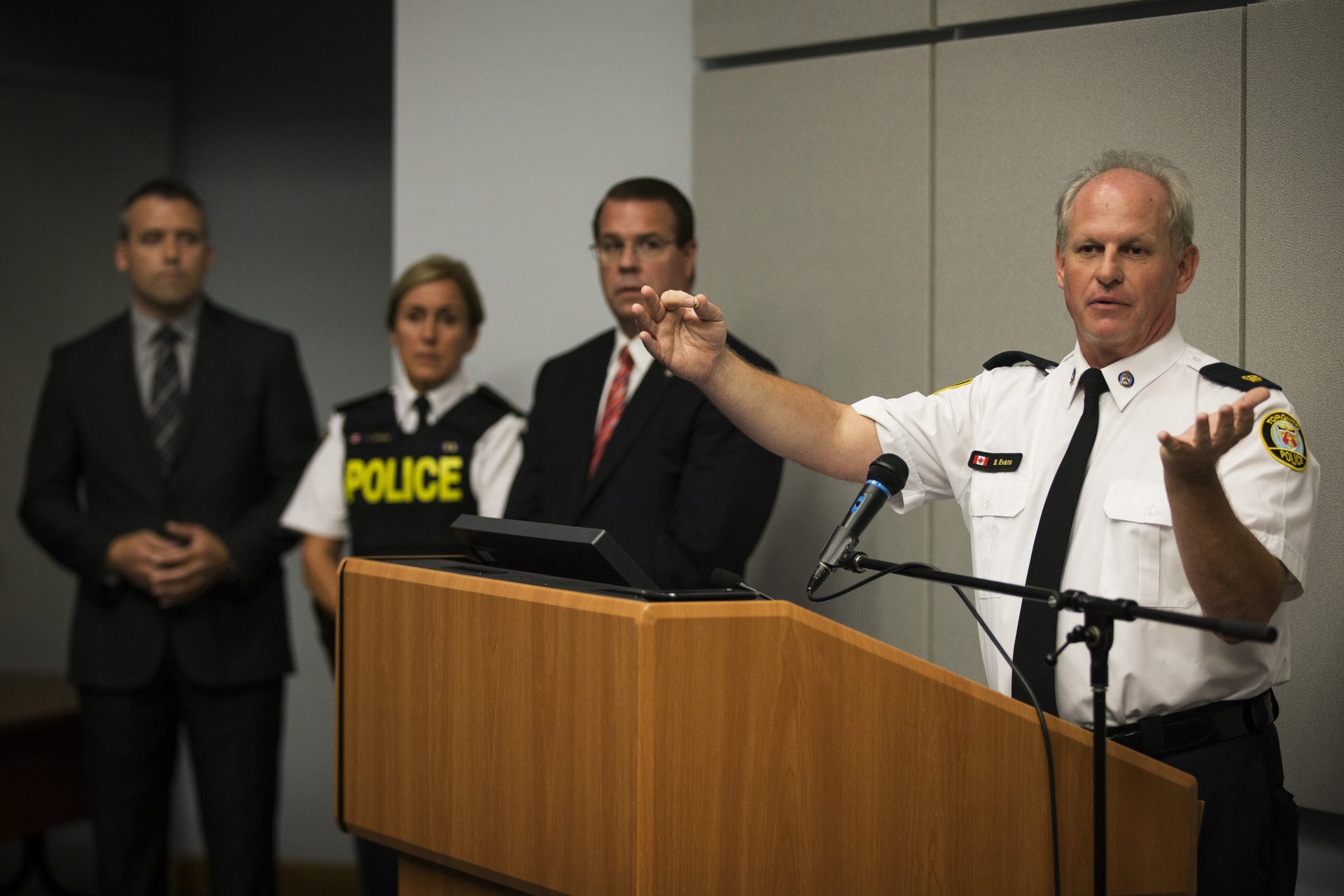Ashley Madison: when the secrets of millions of married people were revealed to the world
Despite the massive cyberattack that rocked Ashley Madison, revealing the secrets of millions of unfaithful married people and causing breakups and social embarrassment, the dating portal continues to operate and to use its slogan "Life is short. Have an affair." Join us as we explore the past and present of Ashley Madison, one of the most controversial platforms in the digital world.
In 2002, Darren J. Morgenstern founded Ashley Madison, capitalizing on the momentum by offering married couples around the world the chance to find the passion they felt was lacking in their relationships outside the home.
A few years later, in 2007, they appointed Noel Biderman (pictured) as CEO. His bold and aggressive marketing approach transformed the company, which until then had achieved modest results. Their strategy was to publicly promote, through various media, the idea that infidelity could have positive effects on relationships.
Thanks to its strategy and provocative and controversial slogans, the company's success was resounding, and the number of users skyrocketed. The company's executives maintained that "there is no such thing as bad press; all press is good," according to BBC News in an article.
However, when the webpage and company were hacked, the users of Ashley Madison had to face some very serious repercussions, from divorce to social ostracism. Some couldn't take the shame and even ended their own lives.
Users could share personal information, photos, and details about their most intimate preferences to connect with potential lovers in their area.
Women could start conversations with other members for free, while men had to buy credits to do so, according to an article in BBC News.
The portal promised absolute discretion, strict confidentiality and the highest security standards to safeguard the personal data of its users.
Despite vehement criticism from numerous detractors who considered the website and company immoral and threatening traditional family values, Ashley Madison's strategy was successful, reaching 37 million users.
In 2015, a group calling itself The Impact Team broke into Ashley Madison's systems and extracted nearly all of the information stored on its servers.
The group warned the company that if it did not close its business within 30 days, it would publish its users' personal information on the so-called "dark web."
The company panicked and, after several failed attempts to identify the person responsible, including urgently hiring top-level hackers, Ashley Madison decided not to give in to blackmail and faced the consequences.
The Impact Team leaked confidential information that affected millions of people. They disclosed names, photographs, addresses, emails and intimate preferences. Later, they published private images, credit card numbers and more user information.
In the United States, the platform's main market, a veritable fever of complaints broke out, with millions of people searching for and pointing out possible infidels, including husbands, relatives, neighbors, religious leaders, politicians and celebrities, according to the article published by the BBC News.
Destroyed lives, like that of the famous Texas YouTubers Sam and Nia Rader (pictured), protagonists of the Netflix documentary, whose seemingly perfect marriage was shaken when it came to light that he had sought out affairs on Ashley Madison.
Photo: Instagram@samandnia
The tragic outcome of John Gibson, a New Orleans pastor and seminarian, is another shocking example. He faced rejection from his community after his membership on the page was revealed and, as narrated by his wife in the miniseries, ended up taking his own life.
On the other hand, another couple said they had positive experiences with the dating site, as it provided them with encouragement in their open relationship.
Despite Ashley Madison's claims of having nearly 40% women as users, it was discovered that these represented only a tiny fraction of the total, and many of them were fake profiles, apparently created by the company itself to attract men. and encourage them to buy credits.
Likewise, BBC News reports that the platform offered users the possibility of deleting their accounts and data permanently for an additional cost of $19. However, this was found to be false, and those who paid for this extra also saw their data leaked during the 2015 hack.
Despite his statements on television, where he stated, often with his wife, that he was strictly monogamous, CEO Noel Biderman's private emails, disclosed by The Impact Team, revealed several disloyalties.
The courts were overwhelmed by an avalanche of fraud and damage lawsuits directed against Ashley Madison, leading the company to pay a total compensation of $11 million to multiple victims.
Despite the challenges, Ashley Madison did not close its doors. It has undergone a renaissance under new management. It currently bills itself as “the leading dating app for married people” globally and claims to have over 80 million users across multiple countries.
On its home page, Ashley Madison states: "Whatever brings you to Ashley Madison, you can feel safe knowing that you’re not alone. Our members are attached and seeking a connection. Many are attached and seeking something like-minded or polyamory. They are here looking for online flirtation, for something exciting, for someone with a mutual feeling. They are students, married people, singles, office workers, tradespeople, entrepreneurs, retirees, and everyone in between."
The documentary's director, Toby Paton, seeks to approach the story with balance, avoiding moral judgments. According to Paton, instead of condemning those who joined Ashley Madison, he focused on understanding why they did it, what they were looking for, and what was happening in their relationships. Furthermore, quote "We all know that infidelity can be incredibly destructive and painful, but at the same time, the fact that Ashley Madison had 37 million members tells us something else that we all know: that committing to one person for life is something really difficult."
More for you
Top Stories



